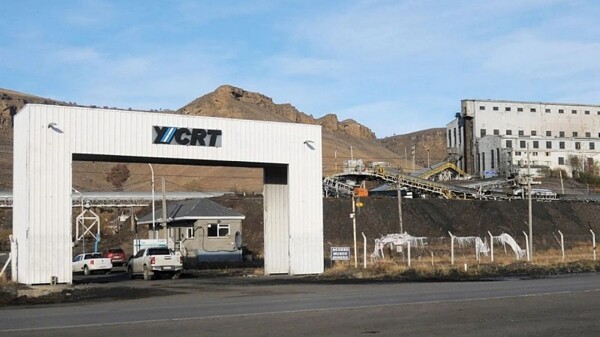
The inclusion of the forestry sector in the Employment Generation Incentives Regime (RIGI) and a favorable discourse from the Argentine government towards this industry have sparked optimism among industry entrepreneurs. After decades of stagnation, they now see the possibility of an economic revival.
The forestry industry in Argentina mainly consists of three sectors: tree planting and timber extraction, woodworking product manufacturing, and the paper and cardboard industry. Most plantations are located in Argentine Mesopotamia, a region that favors crop growth due to its climate.
Claudia Peirano, the executive director of the Argentine Forestry Association (AFOA), pointed out that the country has lagged significantly compared to its neighbors over the last two decades. While countries such as Brazil, Chile, and Paraguay have made significant investments in the sector, Argentina has remained stagnant.
Recent research on the challenges facing the forestry sector in Mercosur in the global market highlights the region's potential to become a key player in this business worldwide. The report anticipates investments of over USD 6 billion and the generation of thousands of jobs.
The European Union regulation on deforestation-free products represents an opportunity for Mercosur countries in the global market. This regulation requires forestry products entering the European Union to meet strict environmental standards, encouraging companies to adopt sustainable practices.
Despite the favorable conditions for the development of the forestry industry in Argentina, such as the exploitation of pine and eucalyptus, investments in the sector have been scarce in recent years. High costs and the country's economic instability have discouraged potential investors.
The lack of legal security and Argentina's complex macroeconomic history are barriers to long-term investments in the forestry sector. Despite the country's comparative advantages, such as its territorial extension and natural resources, the sector still faces challenges in attracting the necessary capital for its development.













